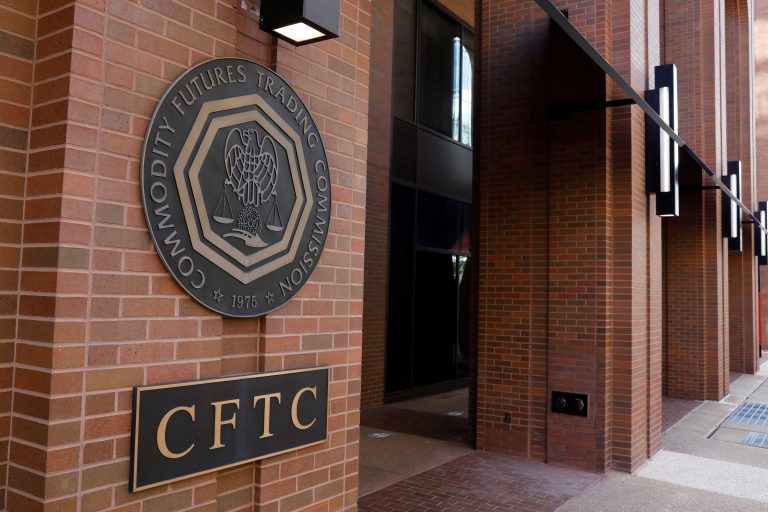
In a landmark decision, Kalshi, a U.S.-regulated prediction market platform, has emerged victorious in its legal battle against the Commodity Futures Trading Commission (CFTC). This win allows Kalshi to offer contracts on which party will control each house of Congress after the November election, a significant development as the platform was previously barred from participating in this year’s election betting market while the case was pending.
Kalshi, the first regulated exchange for event contracts, has established a reputation for security, regulation, and transparency in the prediction market industry. The platform’s approach to ensuring fairness and accuracy in its predictions is rooted in the principle of the “wisdom of crowds.” This concept relies on the collective knowledge and informed opinions of a large, diverse, and independent group of participants, who are highly incentivized to make correct predictions.
The contracts on Kalshi are tied to the outcomes of specific events, with prices reflecting the collective view of traders on the likelihood of these events occurring. Each contract is worth $1 if the prediction is correct, creating a direct financial incentive for accuracy. This system harnesses the power of mass participation, where the aggregation of various independent judgments results in a more accurate forecast than any single expert or small group could provide.
Register for Tekedia Mini-MBA edition 19 (Feb 9 – May 2, 2026): big discounts for early bird.
Tekedia AI in Business Masterclass opens registrations.
Join Tekedia Capital Syndicate and co-invest in great global startups.
Register for Tekedia AI Lab: From Technical Design to Deployment (next edition begins Jan 24 2026).
The case has been closely monitored by the crypto industry and advocates of prediction markets, where traders bet on the outcomes of real-world events. These markets are considered by some to be more accurate than polls or pundits in forecasting events, as they rely on the collective wisdom of participants who have a financial stake in the outcomes.
The ruling by Judge Jia M. Cobb of the U.S. District Court for the District of Columbia granted Kalshi’s motion for summary judgment, vacating the CFTC’s September 2023 order that prohibited the listing of Congressional control contracts for trading. This decision not only benefits Kalshi but also bolsters the argument that prediction markets can provide more accurate forecasts than traditional polls or pundits, as participants are incentivized to conduct thorough research and express genuine opinions due to having a stake in the outcome.
This decision could potentially open the doors for a more robust and regulated prediction market in the United States, providing a platform for individuals to engage in speculation over political outcomes. It also represents a broader acceptance of such markets, which have been a topic of regulatory scrutiny due to concerns over their similarity to gambling.
Kalshi’s regulated environment further enhances the integrity of the market. Unlike unregulated platforms, Kalshi operates within a framework that ensures transparency and accountability. Traders have access to a platform where they can buy and sell contracts on a wide range of events, from cultural happenings to economic indicators, all within a secure and monitored system.
The platform’s commitment to providing a fair and accurate marketplace is evident in its operational model. By tapping into the collective intelligence of its users and operating under strict regulatory oversight, Kalshi sets a standard for prediction markets that prioritize both the reliability of their forecasts and the trust of their participants.
Kalshi’s win is not just a victory for the company but also for the concept of prediction markets as a whole. It underscores the potential of these markets to offer valuable insights into public sentiment and future events, beyond traditional methods of forecasting. As the 2024 political betting season heats up, all eyes will be on how Kalshi leverages this new opportunity to capture a share of the market in the final months leading up to the election.



